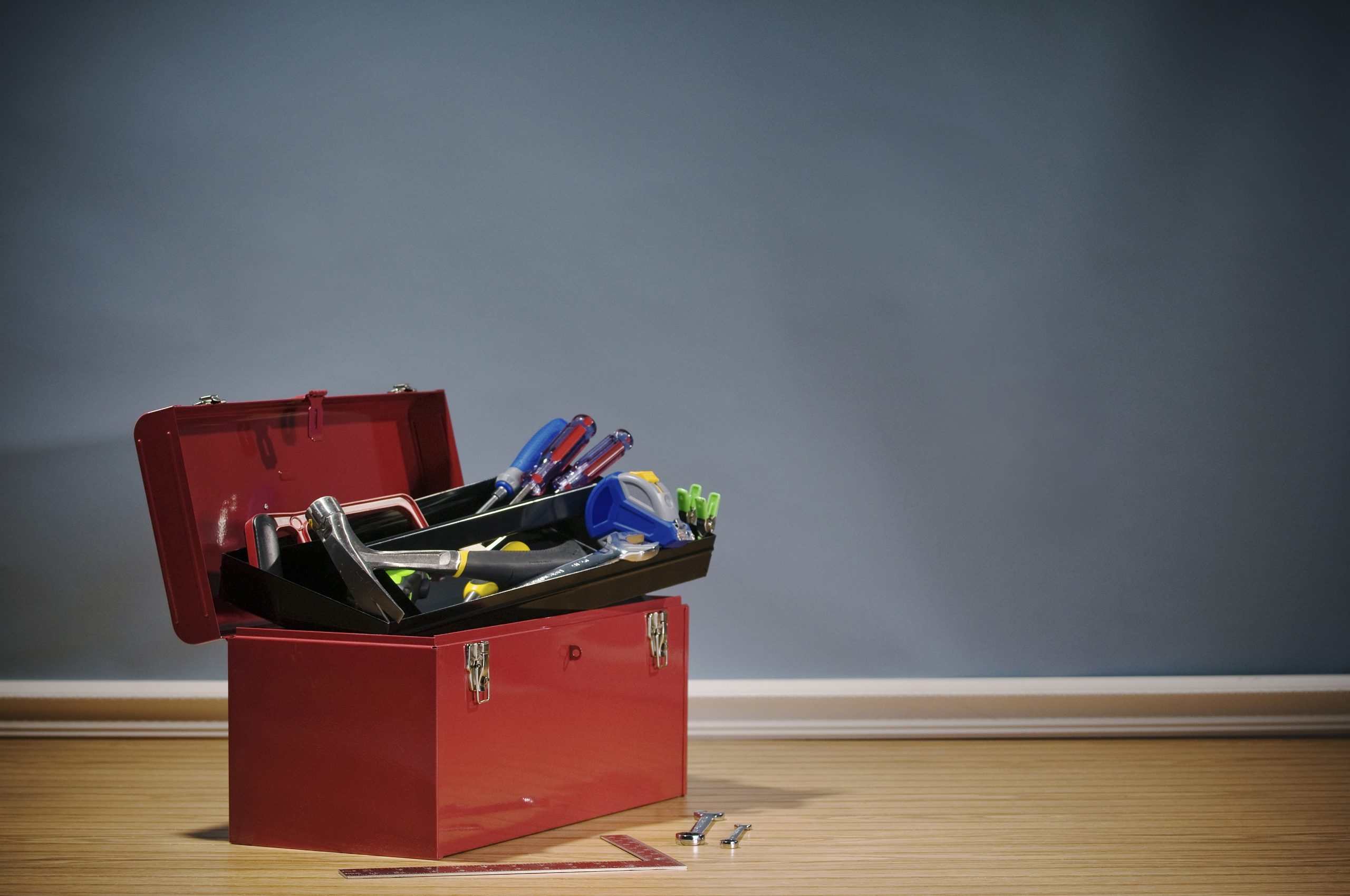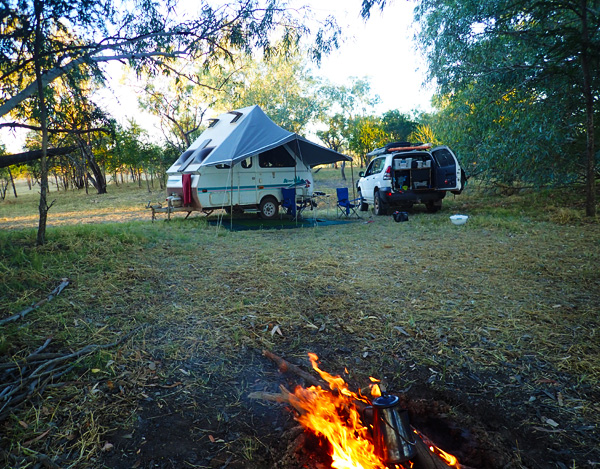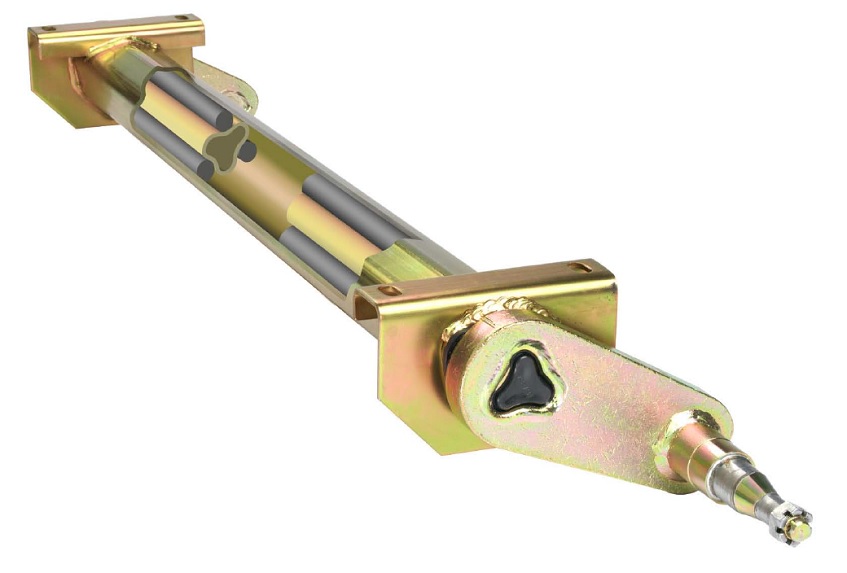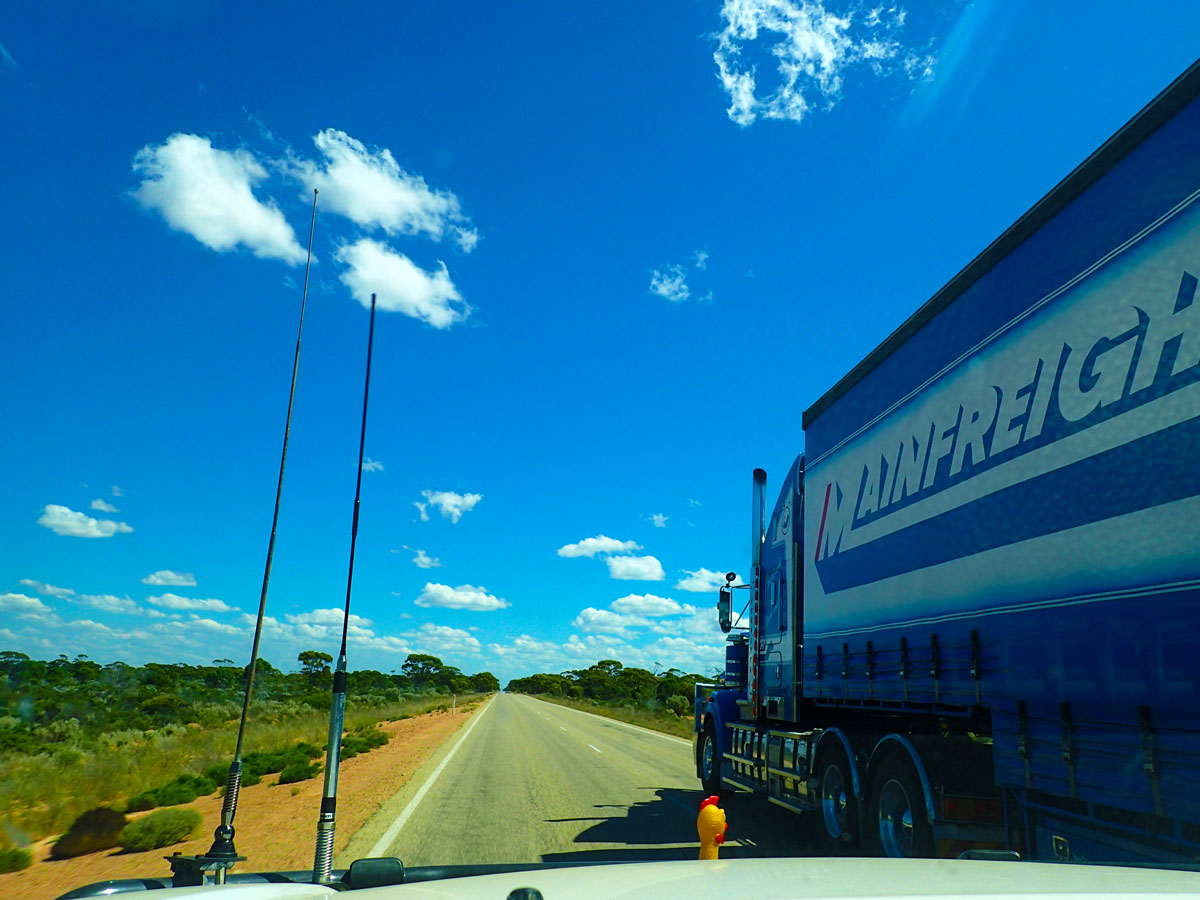Wear and tear, rough roads and minor accidents can all force you to stop and do some repairs to your trailer. Here’s a list of tools you’re most likely to need so you can get back on the road without needing to find a trailer supply store.
Your Trailer Tools Shopping List
Start with a lock-up, waterproof toolbox so you can keep your trailer and tools together at all times, and have this list with you when you’re filling it:
- Grease and lubricant. WD40, grease or other lubricants literally help your trailer parts run smoothly. Grease also works as a coolant against heat caused by friction, so will help your wheel bearings last longer.
- Spare wheel bearings. Bearings should always be replaced in a set and matched to the load rating of the trailer.
- Grease cap. Also known as a ‘dust’ cap, this small but essential part fits over the outside of the wheel hub to keep the grease in and impurities out. It’s worth carrying a spare because dirt, salt, sand and water can quickly destroy unprotected bearings. Alternatively, you could carry a trailer hub kit, which consists of a hub, bearings, seal, dust cap and wheel nuts.
- Tail lights. Carry a spare 12V light kit in case one of your tail lights turns faulty. Here’s a step-by-step guide to installing them.
- Wheel studs, lug nuts and bolts. You never know when one might work loose, so keep a few spares in the toolbox.
- Wheel brace and wrenches. A set of wheel braces, torque wrenches and socket wrenches will be essential for adjusting wheel nuts, or any nuts and bolts on your trailer.
- Replacement straps and ties, as well as a roll of electrical or gaffer tape.
- Brake fluid (if your trailer has brakes).
- Spare parts. Cotter pins, washers, nuts and bolts always come in handy.
- Tyre lever and wooden blocks to act as wheel chocks. Make sure you also carry a robust spare tyre that is applicable for the load.
- Tools. You’re going to need at least some screwdrivers (Phillips and flat head), hex (Allen) keys, ratchet or socket set, hacksaw and pliers.
- Cleaning gear. Keep some rags and brushes handy, together with kerosene or other solvent.
- Safety gear. Make sure you add eye protection, gloves, a fire extinguisher or blanket, and something to collect oil spills.
All these spare parts are available from your local dealer or online. To make sure you purchase parts that are suitable for your trailer, take note of the model and VIN before you go shopping.
After a few trips on the road it’s likely you’ll build your own list of essential tools, but the above is a good place to start. Apart from minor trailer repairs and maintenance, you should always consult a professional before you do any repair or modification work on your trailer.
Repair or replace? Read our guide to knowing when it’s time to ditch the old trailer and get a new one.





